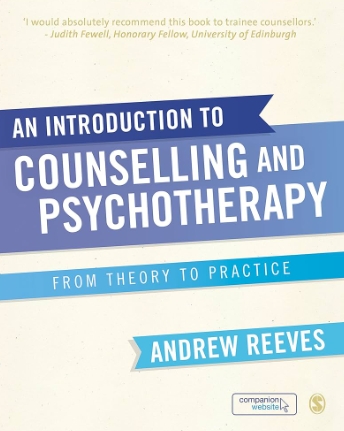Counselling and psychotherapy are professional practices aimed at helping individuals improve their mental and emotional well-being. In this article, we will explore the basics of counselling and psychotherapy as outlined in the guide, “Understanding the Basics of Counselling and Psychotherapy: An Introductory Guide.”
What is Counselling?
Counselling is a form of talk therapy where a trained professional helps individuals explore and understand their thoughts, feelings, and behaviors. The goal of counselling is to provide support, guidance, and insight to help individuals cope with life’s challenges and make positive changes.
The Role of a Counsellor
A counsellor acts as a facilitator in the therapeutic process, providing a safe and non-judgmental space for individuals to explore their inner thoughts and feelings. The counsellor listens actively, asks probing questions, and offers feedback and support to help clients gain new perspectives and insights.
Different Approaches to Counselling
There are various approaches to counselling, each with its own theoretical framework and techniques. Some common approaches include cognitive-behavioral therapy, psychoanalytic therapy, humanistic therapy, and solution-focused therapy. Each approach is tailored to meet the specific needs and goals of the individual client.
What is Psychotherapy?
Psychotherapy is a form of therapy that focuses on addressing deeper psychological issues and patterns of behavior. It is often used to treat conditions such as depression, anxiety, trauma, and personality disorders. Psychotherapy can be short-term or long-term, depending on the individual’s needs.
The Role of a Psychotherapist
A psychotherapist is a trained mental health professional who specializes in treating psychological issues and disorders. Psychotherapists use various techniques, such as talk therapy, behavioral interventions, and cognitive restructuring, to help clients address their emotional and mental health issues.
Key Differences Between Counselling and Psychotherapy
While counselling and psychotherapy are similar in many ways, there are some key differences between the two practices. Counselling tends to focus on specific issues and short-term goals, while psychotherapy delves deeper into underlying psychological issues and long-term patterns of behavior.
In conclusion, counselling and psychotherapy are valuable tools for improving mental and emotional well-being. By understanding the basics of these practices, individuals can make informed decisions about seeking help and support for their mental health needs. “Understanding the Basics of Counselling and Psychotherapy: An Introductory Guide” provides a comprehensive overview of these practices and can be a useful resource for those looking to learn more about counselling and psychotherapy.
